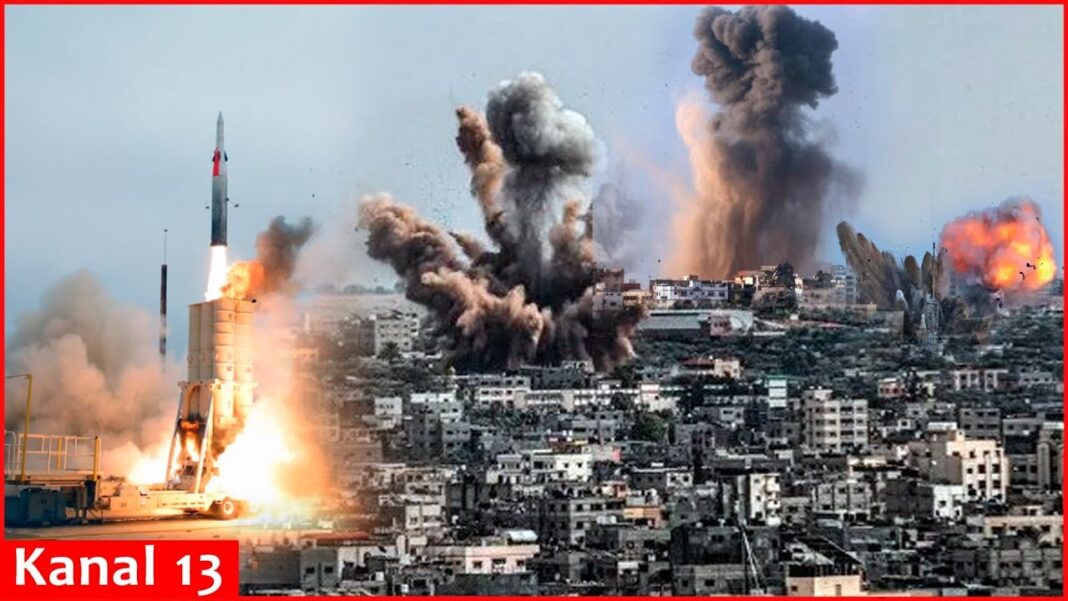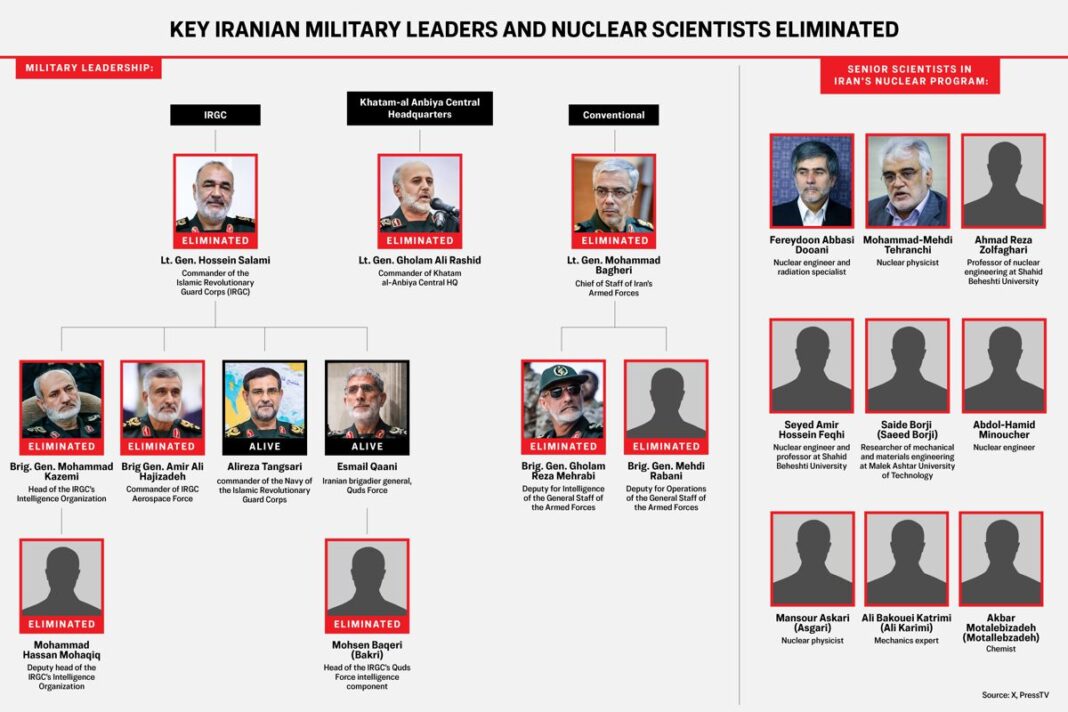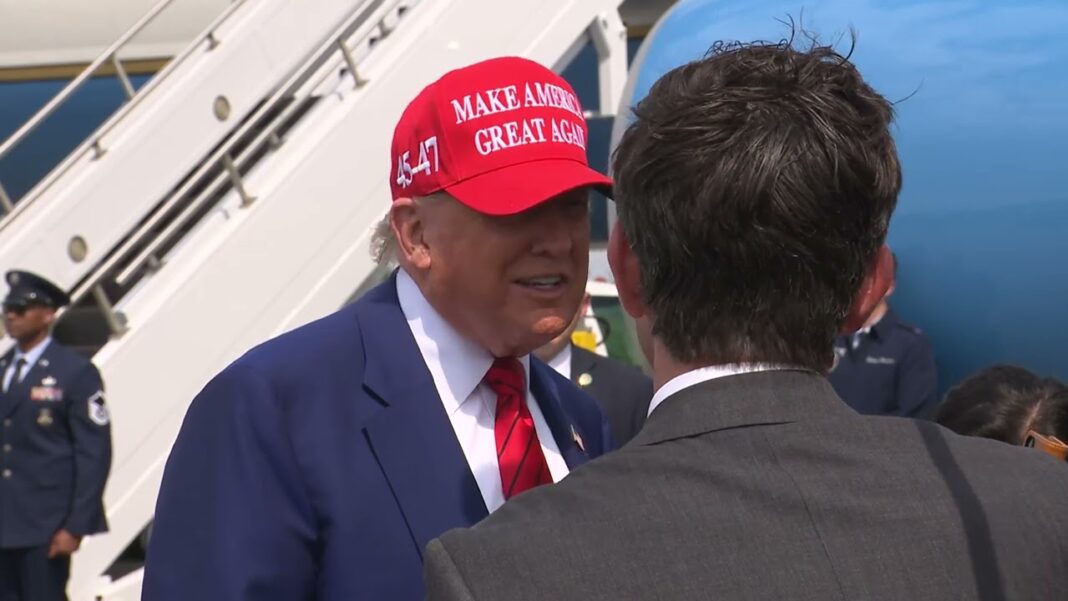Iran’s besieged nuclear program has created highly-enriched uranium but it is unclear whether Tehran could build a nuclear weapon.
News Analysis
The future of Iran’s nuclear program is at the heart of Israel’s current military operation against Tehran, and sensitive nuclear sites could be targeted by American bombs should the United States decide to join the war.
Yet the exact extent of Iran’s nuclear program and the question of whether it is being used to develop nuclear weapons remains a hotly contested debate among the international community, including among Israel’s closest allies.
That is partly because of a shroud of secrecy that Iran has used over the years to obfuscate the extent of its uranium enrichment activities.
But it is also in part due to the fact that there have been civilian requirements for enriched uranium in Iran for more than half a century.
To understand these complexities, it helps to dive into the history of how Iran’s nuclear program developed in the first place, and how far it has at times strayed from its initial purpose.
From Civilian Research to Covert Weapons Program
The Iranian nuclear program began in 1957 when then-President Dwight Eisenhower signed a civil agreement with the reigning monarch of Iran to provide Tehran with a nuclear research facility.
Ten years later, the Tehran Research Reactor came online, and was used for creating medical isotopes and supporting scientific research until 1979, when Iran’s historical monarchy was overthrown by an Islamist uprising.
Though the Iranian monarchy had pledged not to pursue nuclear weapons as it developed a more robust nuclear energy program, the new Islamist regime signed no such guarantee, and the United States subsequently stopped providing Tehran with uranium, thereby eliminating the use of its reactor for a number of years.
By 1989, however, Islamist leadership in Iran had begun a covert program to develop nuclear weapons and purchased additional centrifuge technologies through illicit networks linked to Pakistan and North Korea.
The program was discovered in 2002, when an exiled Iranian leader revealed previously secret nuclear enrichment facilities to the international community. Iran subsequently agreed not to pursue a nuclear weapon and to allow international inspectors into its nuclear facilities on a regular basis.
In the 23 years since, Iranian leadership has denied that it is developing nuclear weapons with the uranium it enriches. It says that its uranium enrichment program is for civilian purposes only, but that it retains the right as a sovereign nation to pursue nuclear weapons if it so chooses.
Whether Iran’s claims are true is a point of debate among the international community.
In the lead-up to Israel’s attack on Iran earlier this month, Israeli Prime Minister Benjamin Netanyahu said that there was evidence Iran was developing nuclear weapons and that this “existential threat” to Israel was the cause of the war.
Intelligence leaders in the United States, Israel’s closest ally, have expressed skepticism about Iran’s commitment to a nuclear weapon, however.
Director of National Intelligence Tulsi Gabbard testified to Congress in March that “Iran is not building a nuclear weapon and [Iranian Leader Ali] Khamanei has not authorized the nuclear weapons program he suspended in 2003.”
Likewise, the 2025 annual threat assessment released by Gabbard’s office found that Iran was not pursuing a nuclear weapon, though it had enriched some of its uranium to a degree that would make it much easier to do so if it chose to.
The report added that Khamenei was also likely under pressure by hawkish elements in his regime to resume the weapons program that it abandoned in the early 2000s, and that the Iranian leader would likely seek to use Iran’s expanded enrichment activities as a negotiating tool to bolster its regional influence.








